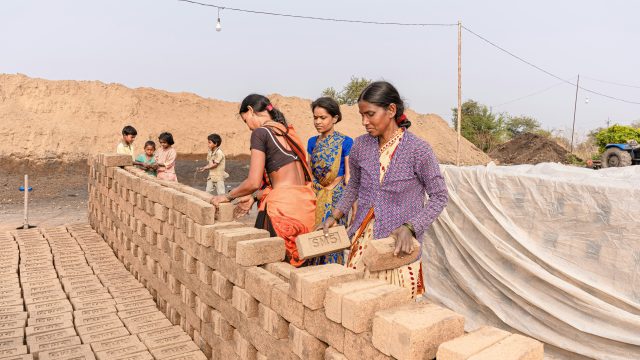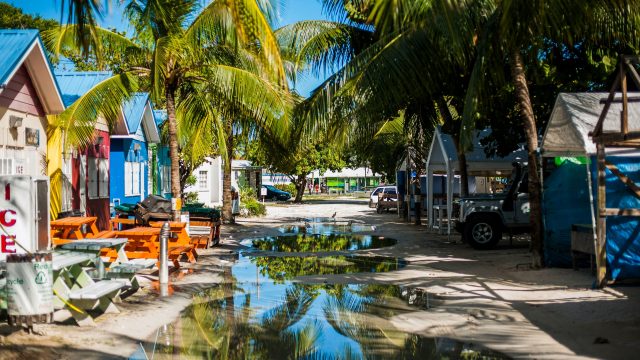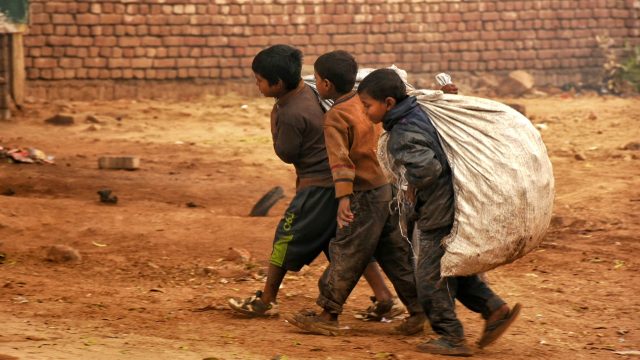Climate finance - our Impact Coalition recommendations
People are demanding more and better quality climate finance, that reaches countries most in need. Here's how to deliver

Over the past twelve years of our work as a Coalition, we’ve built a network of some 70 civil society organisations that work closely with communities all around the world in order to define what is a green economy. This work gathers and analyses the participative recommendations of citizens groups, trade unions, community groups and local organisations, in order to better understand ordinary people and their priorities when it comes to sustainability, development, and the environment.
Our work has shown that people around the world are demanding not just more and better quality climate finance- that reaches countries and communities most in need, but also, a transformational green and fair economic architecture to underpin this. We’ve summarised our insights into three broad recommendations, which we shared with the ImPACT Coalition on International Financial Architecture Reform and Financing for Development (IFA-FFD) at the 2024 UN Civil Society Conference in Nairobi this week.
Firstly, climate finance needs to be fair and green. Investment and capital allocation will not be fair or just if it isn’t green, and it won’t be truly green unless it is just. We need to deal with development and climate finance holistically, prioritising financing and policies that optimise for both. A tangible example of an initiative that does both are local green entrepreneurs. These small and micro enterprises form the backbone of many emerging economies in terms of GDP and employment, they create circular and sustainable economic activities, and provide a pathway for marginalised people, often women and youth can thrive in these spaces.
Secondly, climate financing can’t just be funded by more borrowing. A consistent issue we hear is the need to review the cost of debt for low-income countries, and the need for transparent consistent credit rating assessments for countries and individuals. This is becoming ever more crucial as World Bank figures have recently revealed that the world’s low-income nations are now paying more in interest repayments than they receive in development aid.
“ The challenges we face are systemic and as such the solutions need to be systemic.”
Reforming climate finance has to go beyond fixing the plumbing in International Financial Institutions. Ramping up investment from billions to trillions will be hugely challenging – as will ensuring delivery of this money to communities on the frontline of the climate catastrophe. But this cannot happen with a robust and transformed green economic architecture.
The challenges we face are systemic and as such the solutions need to be systemic. The need for climate finance is a function of our current economic model, as is inequality, as is unsustainable debt, as it the climate catastrophe. Change the model and we can change these consequences.
As such the language of a transition doesn’t resonate but the need for transformation does. So it is critical that we retaining the idea of “moving Beyond GDP”. This provides us opportunities to change the economy in fundamental ways - to show how the economy can operate in service of life, a life that is green and fair. This is a catalyst that opens the door to recognising the vital role of women in the economy and how care work subsidises our economies, the value of nature and the importance of biodiversity, and the true cost of fossil fuels and the damages they cause.
And thirdly we need to put people at the centre of these changes and ensure that re-negotiating eco-social contracts are part of the process towards better, more accountable economies and a more just financial architectures. We need to revisit the relationship between nature, communities, government, rebalancing rights, responsibilities and resources, using this moment to build from below and connect the experience and needs that we see on the ground with the institutions and the ideas at the international level.
We can collectively midwife a future that is green and just, but it needs to be inclusive, recognising and embracing diversity, and it needs us to build on the critical leverage points whether inside or outside the tent, where they align for the many.
- Jean McLean, Green Economy Coalition


